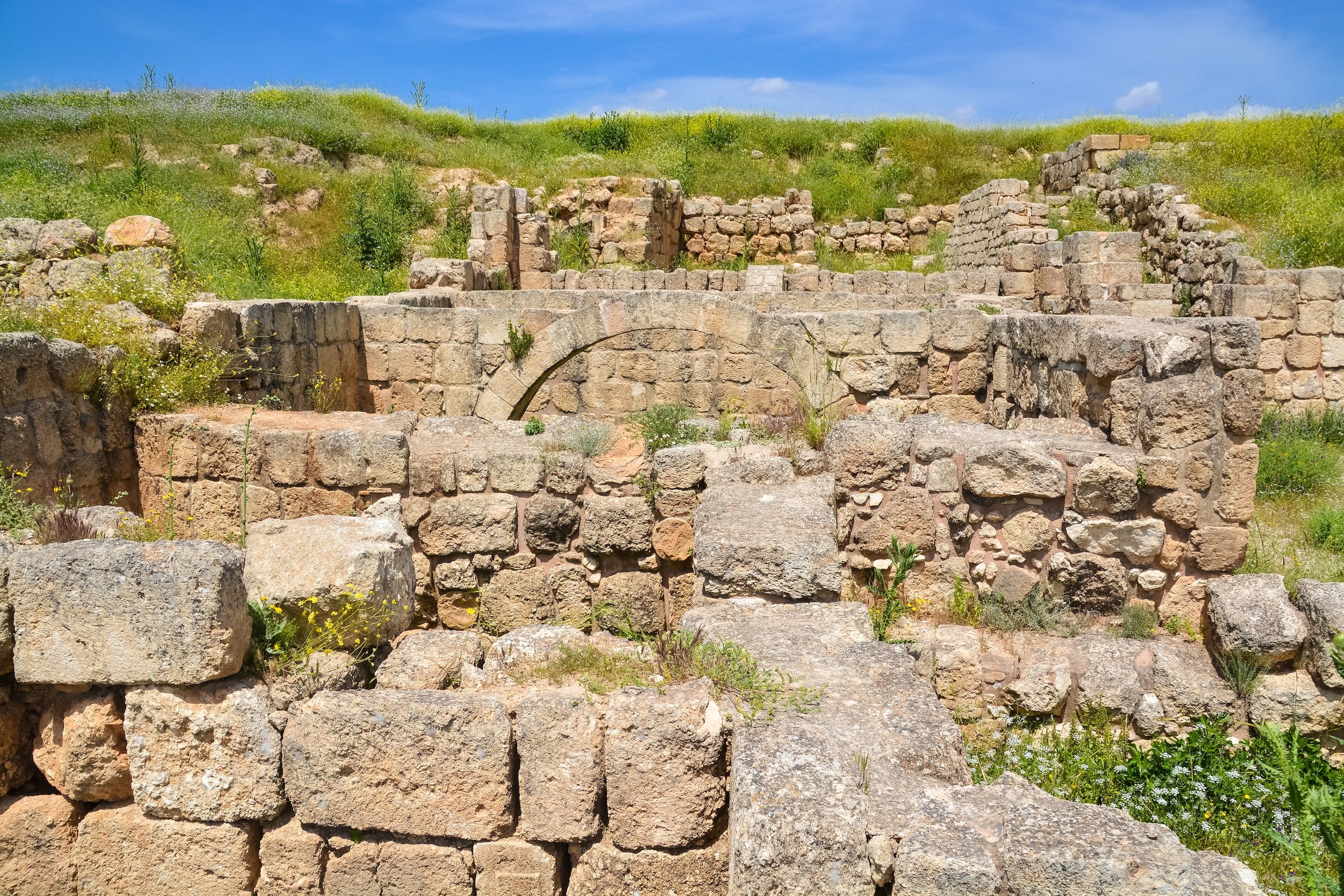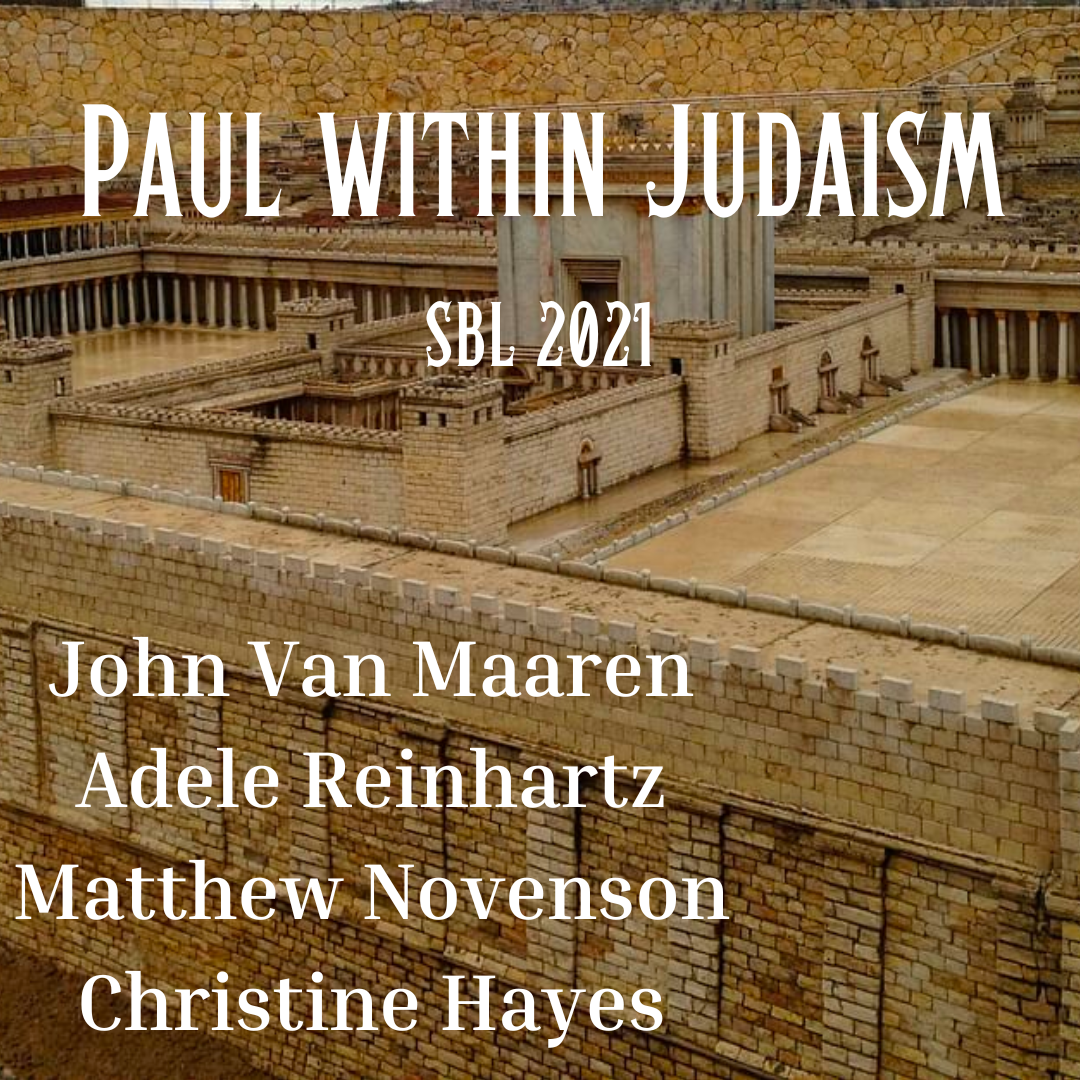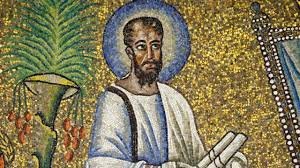“In doing so, this scholarship reinforces a hegemonic Christian perspective that assumes that scholars of Christianity can speak on behalf of Jews because they are peripheral or secondary aids to the study of Christianity. It is a different but just as pernicious form of Jewish erasure that must be reckoned with.”
Read MoreThe Eye, the Sense of Sight, and Seeing God? Reflections on God’s (In)visibility Considering Early Jewish Christian Relations
“As scholars of early Jewish-Christian relations, how much of our identities should we reveal? Which, of course, lies at the heart of the question: What are the opportunities, pitfalls, joys, and challenges of incorporating our subjectivity and identities into our scholarship?”
Read More"The Parting of the Ways": Reflections on the Journey
“From an a priori perspective, this is not what the epithet “the Parting of the Ways” does; rather, it imposes an understanding rather than proves itself as an effective analogy. We need only consider the arguments that in relation to communities of Jesus believers which were predominately or entirely of gentile origin, there could be no parting of the ways: hence, it pertains only to those contexts where the majority had identified or still did identify themselves as Jews, presumably in terms of their genealogical inheritance.”
Read MoreThe Study of Early Jewish Christian Relations: Then and Now A personal reflection
“Perhaps the perennial focus on theological issues stems from a narrow, one might say non-Jewish, understanding of Judaism. If we instead took a more expansive view of Judaism as pertaining not to a religion in the modern sense but rather to the many aspects of life that Jews considered to be governed by Torah, we might also broaden our consideration of early Jewish Christian relations to include economic and cultural relationships.”
Read MoreCareers in Jewish Christian Relations
At the 2021 annual meeting of the Society of Biblical Literature, two senior scholars (Adele Reinhartz and Judith Lieu) and two junior scholars (Deborah Forger and Krista Dalton) whose work relates to the study of early Jews and Christians convened to reflect upon their career trajectories.
Read MoreSBL 2021 Panel I Adele Reinhartz on John Within Judaism
“I believe that such comments are intended to be inclusive of Jews while solving a dilemma for Christians: this approach allows them to uphold the sacred nature of their scriptures without at the same time adopting a hostile stance towards Jews and Judaism. Yet I wish I could help some of my colleagues understand that despite their good intentions, such statements are both supersessionist and anti-Jewish.”
Read MoreSBL 2021 Panel I Matthew V. Novenson on Paul Within Judaism
“Every such study has to conclude with a claim about how, exactly, Paul differs from Judaism; the form of the conclusion is required by the set-up. But any claim of this form, no matter how well-researched or perceptive, is predicated on a gross generalization about (whatever the writer in question includes under the heading) “Judaism.” Comparisons of this type cannot do otherwise than find Paul to be unique or anomalous; they are purpose-built to find that.”
Read MoreSBL 2021 Panel I Paul Within Judaism
AJR is happy to host the Society of Biblical Literature’s panel discussion on what “Paul Within Judaism” means. The panel, organized by SBL’s “Paul Within Judaism” Unit, met virtually at the 2021 annual meeting.
Read MoreSBL 2021 Panel I John Van Maaren on Paul Within Judaism
“Sociologists and anthropologists agree that identity, whether ethnic, religious, or national cannot be determined by a list of shared or defining characteristics exhibited by all group members. Rather, identity is primarily a matter of ascription—that is, a person is Jewish, Greek, Roman, or Syrian first and foremost because they think and claim they are.”
Read MoreEditio Princeps: The 1523 Venice Edition of the Palestinian Talmud and the Beginning of Hebrew Printing
Yakov Mayer provides a glimpse at his newest book and work on the Palestinian Talmud’s manuscript tradition.
Read MoreEstablishing and Facilitating a Dissertation Seminar
“I tell students that writing is an inherently collaborative enterprise: we write in conversation with previous scholarship; we write for a future audience; we share drafts with colleagues and mentors; we submit work for peer review and to editors and editorial boards; we anticipate reviews of our books; we hope that our work will be engaged.”
Read More“Tinder Theology Project”: Biblical Dating Profiles
No two students created the same profile—even though many of them selected the same character—and this, too, was instructive. At its core, this assignment was about practicing interpretation.
Read MoreIt’s Magic! (Or is it?): Two Classroom Activities
Elena Dugan shares activities for both Hebrew Bible and New Testament classes that examines the distinction between magic and miracle.
Read MoreCreating a Commentary
Page of Rashi’s Commentary on the Megillot, courtesy of Wikimedia Commons
Page of Rashi’s Commentary on the Megillot, courtesy of Wikimedia Commons
With a “flipped classroom” format, this graduate seminar enabled students to create a commentary on key psalms with a focus on the history of Israelite religion.
Read MoreTeaching Textual Criticism through Manuscript Creation
“This lesson plan has been an effective means of reinforcing the physical, manuscript-based analysis of textual criticism, over against the theoretical texts of source criticism.”
Read MoreAncient Jewish Liturgy
What is an Ancient Jewish Liturgy?
“[A] liturgy ought not to be reduced to some type of verbal worship or praying activity directed toward the divine.”
Read MoreWere Early Rabbinic Prayers Scripted?
“Are we correct to presume that early rabbinic liturgy had a textual tradition coherent with the models we know, including from their predecessors at Qumran? Did early rabbis have a system of memorized, orally transmitted yet fixed texts, or did their worship operate in a more free-form system?”
Read MoreThe Ritualization of Psalms in the Dead Sea Scroll 1QHodayotᵃ (Thanksgiving Psalms from Qumran)
“One of the chief hurdles in the consideration of the psalms found in 1QHᵃ as compositions that may have been read aloud in communal settings is the use of the term “liturgical” to characterize such settings and texts.”
Read MoreJonah and Prayer
“Prophecy and prayer, performance, composition of scriptures and their interpretation were all intertwined in vital and vibrant ways... The two prayers in Jonah offer illustrations of two of the many patterns of how prayer might intersect with scriptural tradition.”
Read More















